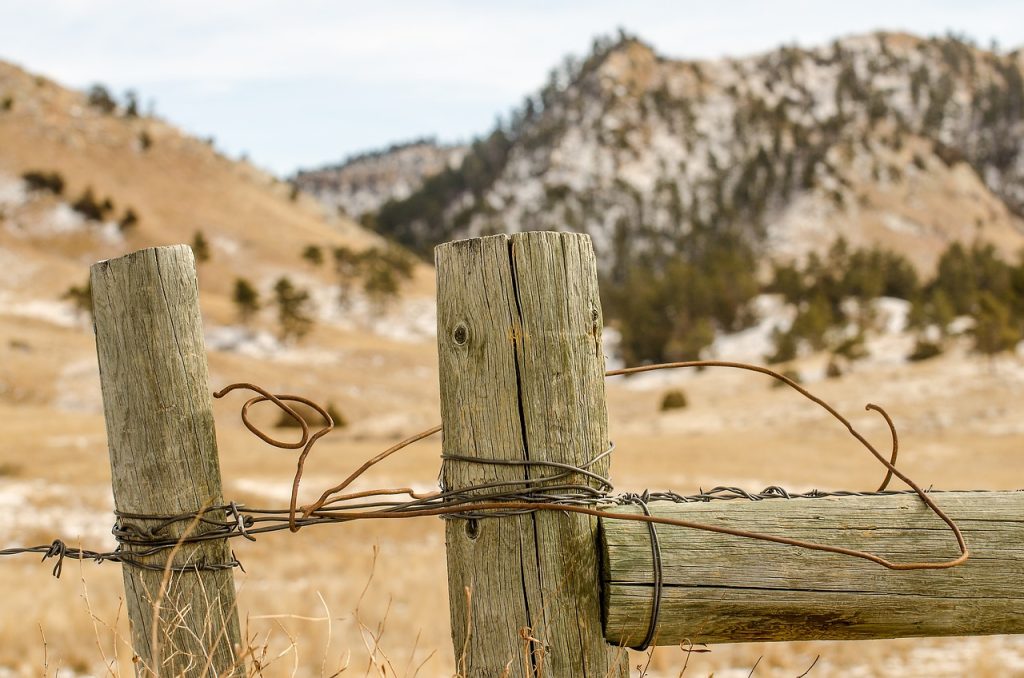By Derek Draplin
(The Center Square) – A ranch in Wheatland County and a Bozeman-based research group are partnering to test out a virtual fence project that they hope will benefit both livestock management and wildlife migration.
The McFarland White Ranch and the Property and Environment Research Center, a market-based think tank, have launched the project that will remove 16 miles of internal barbed wire fencing to allow for better migration of the area’s wildlife like elk, deer and pronghorn. Instead of fencing, the ranch’s cattle will be equipped with GPS collars that use sound and “light shock” to keep the livestock within their boundary. The ranch’s 2,000 cattle will be tracked by six solar-powered signal towers.
PERC will study the project’s impact on the area’s migratory wildlife as part of its Conservation Innovation Lab.
“With hundreds of thousands of miles of barbed wire fragmenting landscapes throughout the West, it’s hard to understate how transformative this project could be for wildlife,” PERC CEO Brian Yablonski said in an announcement. “Virtual fence technology can help conserve open landscapes and protect wildlife migration.”
“By eliminating the need to constantly maintain fencing, it promises to save significant time and money while offering greater flexibility, a key incentive for ranchers to adopt the approach,” he added.
The GPS collars cost $50 per head of cattle annually, and each signal tower costs $12,000, covering a 10,000-acre area. The ranch will still maintain external fencing in compliance with state law.
Lanie White, who manages the ranch and also owns the Great Alone Cattle Company, said the project puts them “on the edge of a new paradigm.”
“My family cares deeply for this wild land and the impacts we have,” White said. “Traditional range and animal management has included inflicting our collective will on the landscape via an instrument that is 150 years old.”
“We look forward to studying the ecological and economic impacts on production agriculture as we transition from traditional to virtual fencing,” she added.
Derek Draplin is a regional editor at The Center Square. He previously worked as an opinion producer at Forbes, as an editor at The Daily Caller, and as a reporter at Michigan Capitol Confidential and The Detroit News.
Originally published by The Center Square. Republished with permission.
To read more about ranching, click here.
